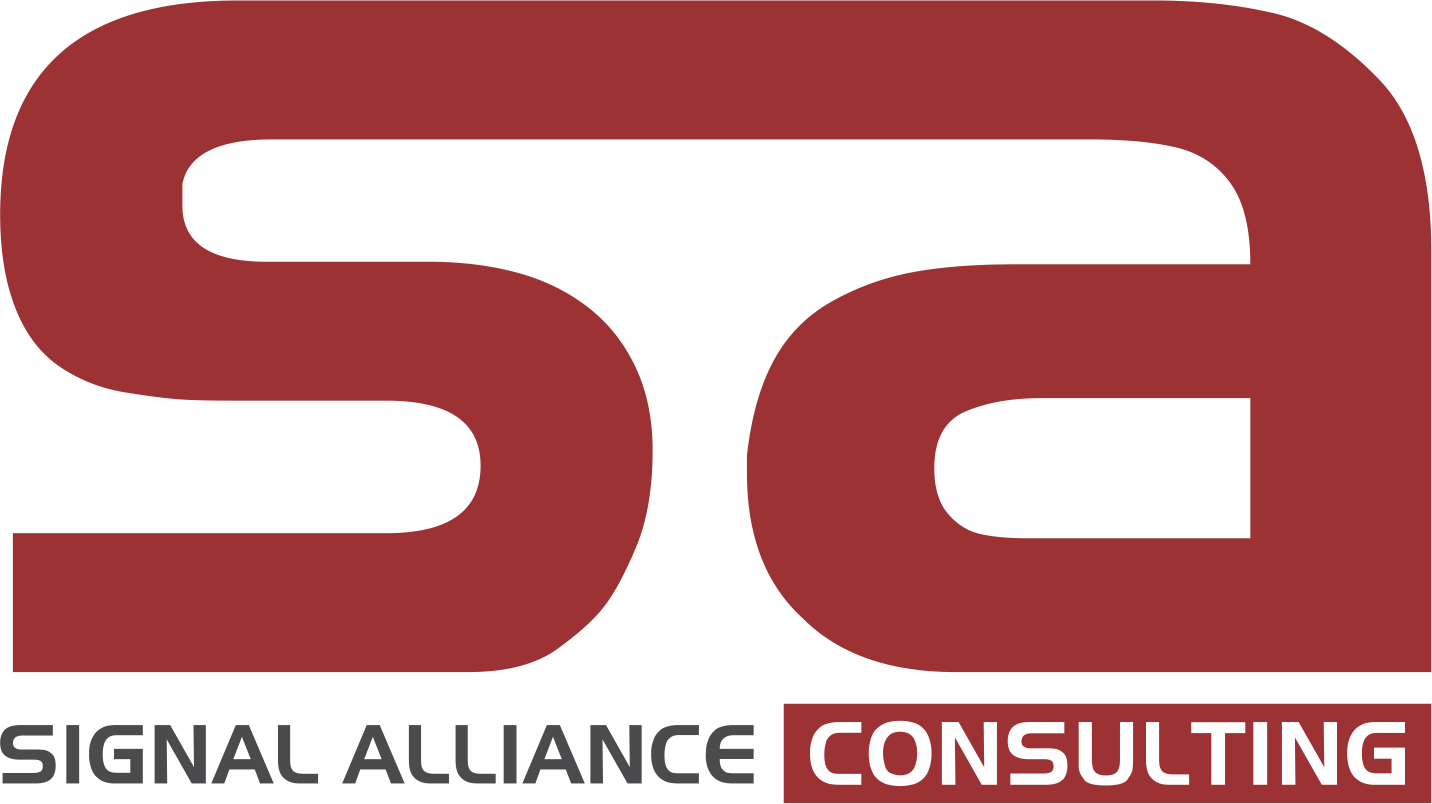Companies worldwide are challenged by the ongoing volume of evolving security threats and by retaining qualified security talent to respond to these threats. As businesses become increasingly reliant on technology and digital data, the need for robust cybersecurity measures has become more important than ever before. Microsoft Azure, a cloud computing service offered by Microsoft, provides a number of security features that can help businesses protect their data and infrastructure from cyber threats. In this blog post.
We will discuss four ways that Azure improves security for businesses.
- Secure Cloud Storage
One of the biggest advantages of using Azure is its secure cloud storage. it offers a range of storage options that are designed to meet the needs of different businesses.
This includes both hot and cold storage options, which can be used for storing data that is frequently accessed and data that is rarely accessed, respectively. Azure also provides secure backups and disaster recovery options that can help businesses protect their data from a range of threats, including hardware failures, natural disasters, and cyber attacks.
- Multi-factor Authentication
Azure provides a range of authentication options to help businesses protect their data and infrastructure. This includes multi-factor authentication (MFA), which requires users to provide two or more forms of authentication to access their accounts.
This can consist of a password and a fingerprint, a password, and a security token, or other combinations. MFA is a powerful security tool that can help prevent unauthorized access to sensitive data and systems.
- Threat Detection and Response
Azure provides a range of tools that can help businesses detect and respond to threats in real time. This includes Azure Security Center, which provides a centralized dashboard for monitoring and managing security across all of a business’s Azure resources. Security Center uses machine learning and AI to detect threats and provides recommendations for remediation.
Azure also provides a range of other threat detection and response tools, including Azure Sentinel, which provides a centralized platform for managing security incidents, and Azure Defender, which provides advanced threat protection for cloud workloads.
- Compliance and Regulatory Support
Azure provides a range of compliance and regulatory support features to help businesses meet their legal and regulatory requirements.
This includes compliance with industry-specific regulations such as HIPAA, GDPR, and PCI-DSS. also provides various tools to help businesses achieve compliance, including auditing and reporting tools, access controls, data encryption, and regular compliance assessments to ensure that its services remain compliant with regulatory standards.
Security is ultimately a collaborative responsibility between an organization, its employees, and the service provider. When you put your workloads and data from On-prem to Cloud, it is recommended that security best practices be followed. Azure has built-in security controls to help you get protected across identity, network, data, and tools to help organizations with security management and threat protection. Some of these best practices include:
- Building and maintaining a secure network through Azure virtual networks (VNet) – This would typically start with segmenting subnets and configuring access rules using Network and Application Security Groups.
- Extend your on-premises network to the cloud using a secure site-to-site VPN
- Protect your web applications with the built-in Web Application Firewall.
- Manage identity and access: Azure Active Directory is the central system for managing access across all your cloud services, including Azure, Office 365, and hundreds of popular SaaS and PaaS cloud services as well as on-premises. Active Directory is the most used directory service in the world.
- Microsoft recommends that you secure access with Multi-Factor Authentication.
- Unified security management to help prevent and detect threats: Azure Security Center provides you with insight into security issues with your workloads and provides clear suggestions on what to fix.
In conclusion, Microsoft Azure provides a range of security features that can help businesses protect their data and infrastructure from cyber threats. secure cloud storage, multi-factor authentication, threat detection and response, and compliance and regulatory support, among other features. By leveraging these features, businesses can improve their cybersecurity posture and reduce the risk of data breaches, cyber-attacks, and other security threats.
As one of Microsoft’s biggest partners in Africa with Specializations in key Solution Areas, Signal Alliance Consulting is poised to help secure your business and move your workloads to the cloud.
Reference: https://azure.microsoft.com/en-us/blog/the-3-ways-azure-improves-your-security/






